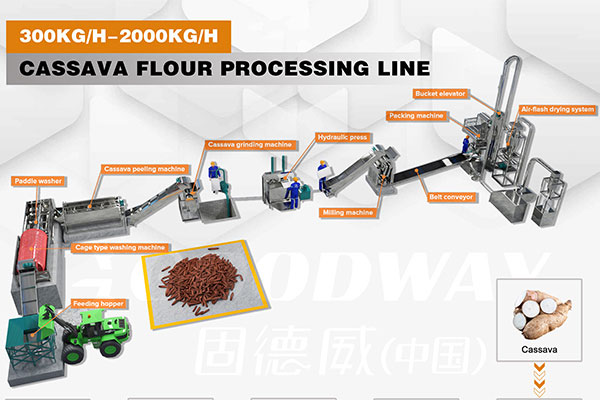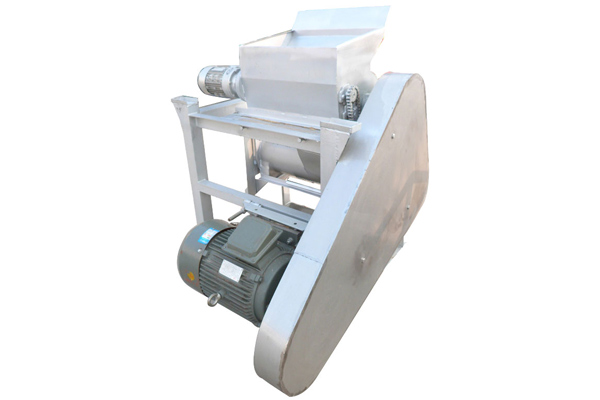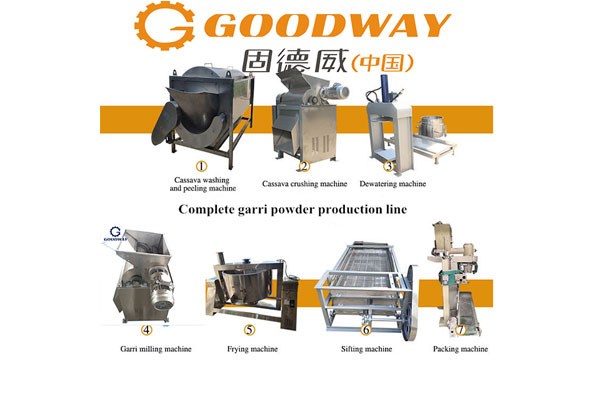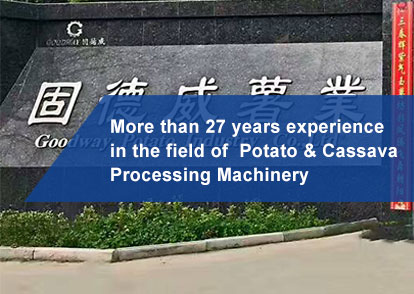Starting a business in agricultural product processing, especially in potato product processing factories in 2025, has a certain feasibility, but profitability and market reach are affected by various factors. Here is a detailed analysis:
Favorable Factors
Stable Market Demand Growth
With the improvement of people's living standards and changes in dietary concepts, the demand for potato products is constantly increasing. Potato products not only taste good but are also rich in dietary fiber, vitamins, and other nutrients, offering high nutritional value that aligns with the trend of healthy eating. For example, potato chips and fries are popular with consumers, and market sales continue to rise.
Strong Policy Support
The government highly values rural industrial development and has introduced multiple supportive policies to encourage the development of agricultural product processing industries. These policies include providing start-up subsidies, tax incentives, and loan support, which help lower start-up costs and increase the chances of successful entrepreneurship.
Adequate Supply of Raw Materials
China is a major producer of potatoes, with abundant yields of potatoes and sweet potatoes, which can provide ample raw materials for potato product processing factories. Moreover, potato cultivation is relatively widespread, offering diverse channels for raw material procurement, facilitating cooperation with local farmers or agricultural cooperatives to ensure a stable supply of raw materials.
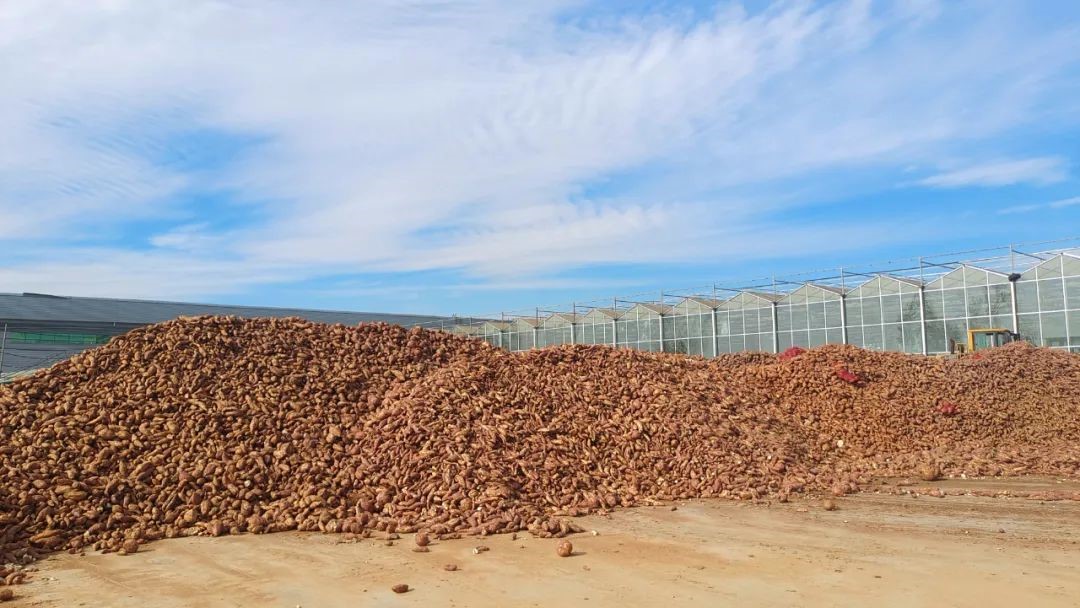
Continuous Technological Advancements
In recent years, agricultural product processing technology has been continuously developing, and potato product processing techniques are also being continuously improved. New processing technologies can increase production efficiency, reduce production costs, and improve product quality, providing better technical support for entrepreneurs.
Diversified Sales Channels
With the widespread use of the internet and the development of e-commerce platforms, sales channels have become increasingly diversified. Entrepreneurs can sell potato products through traditional offline channels such as supermarkets, convenience stores, and farmers' markets, as well as expand the online market through e-commerce platforms and live-streaming sales, reaching broader regions and increasing market share.
Unfavorable Factors
Fierce Market Competition
The potato product processing industry already has numerous enterprises, resulting in intense market competition. Some large enterprises have advantages in brand, scale, and channels. New entrants must have sufficient competitiveness in terms of product quality, price, and brand to secure a place in the market.
Raw Material Price Fluctuations
The price of potato raw materials is greatly affected by factors such as climate and market supply and demand, leading to frequent price fluctuations. If raw material costs cannot be effectively controlled, it may result in increased production costs and reduced profit margins.
Difficult Quality Control
Agricultural product processing involves multiple stages, from raw material procurement and production processing to product packaging and storage transportation. Any problem in these stages can affect product quality. Particularly for potato products, they are susceptible to issues such as microbial contamination and pesticide residues, making quality control challenging.
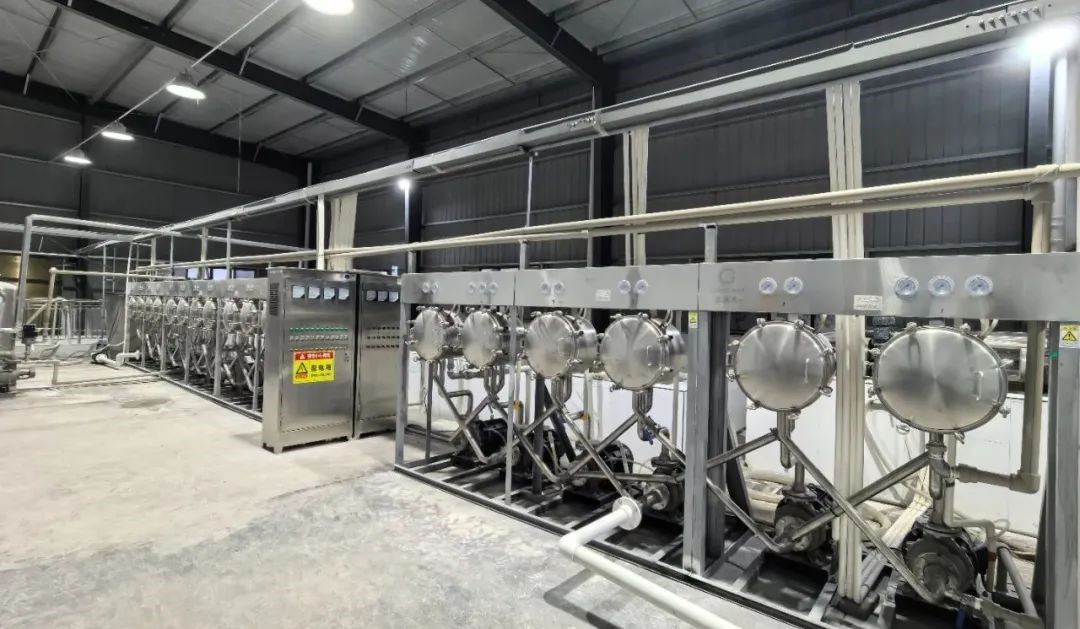
Long Brand Building Cycle
Among the many potato product brands, it takes time and process for consumers to recognize and accept a new brand. Entrepreneurs need to invest significant time and effort in brand building and market promotion to establish a good brand image and improve brand awareness and reputation.
Suggestions to Reduce Entrepreneurship Risks
Conduct In-Depth Market Research
Before starting a business, conduct comprehensive and in-depth research on the potato product market to understand market demand, consumer preferences, and competitive landscape to determine appropriate product positioning and market strategies.
Plan Scale Reasonably
Based on their own financial strength and market capacity, reasonably plan the scale and capacity of the processing factory to avoid blindly expanding production scale, leading to overcapacity and resource waste.
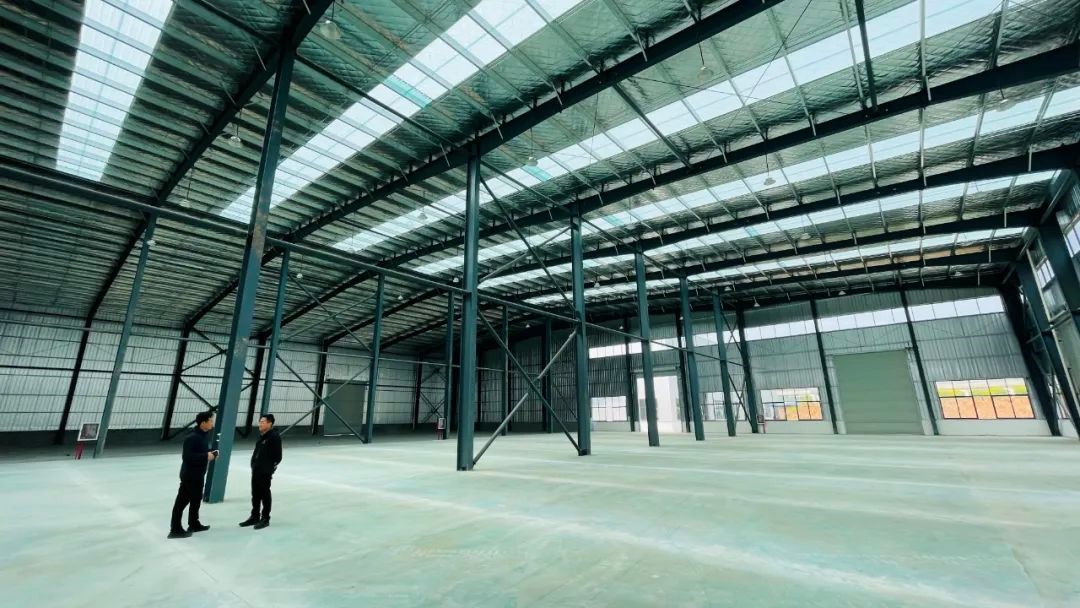
Ensure Stable Raw Material Supply
Establish long-term and stable cooperative relationships with multiple potato growers or professional cooperatives, sign procurement contracts to ensure stable supply and quality of raw materials. Also, it is advisable to stock a certain amount of raw materials to cope with market fluctuations.
Introduce Advanced Technology
Introduce advanced processing equipment and technology to increase production efficiency and product quality while reducing production costs. Additionally, strengthen cooperation with research institutions to engage in technological research and innovation, continuously launching new products and processes.
Establish a Strict Quality Control System
Establish a comprehensive quality control system to strengthen monitoring and management of raw material procurement, production processing, product packaging, storage, and transportation to ensure that product quality meets national standards and consumer requirements.
Expand Sales Channels
Actively expand sales channels, utilizing not only traditional offline sales channels but also leveraging e-commerce platforms and social media for online marketing and brand promotion activities to increase market coverage.
Focus on Brand Building
Build brand awareness and focus on brand building and market promotion. By creating a unique brand image, providing high-quality products and services, and actively participating in public welfare activities, enhance brand awareness and reputation to strengthen brand competitiveness.
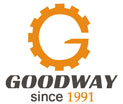
 EN
EN
 fr
fr  es
es  it
it  pt
pt 